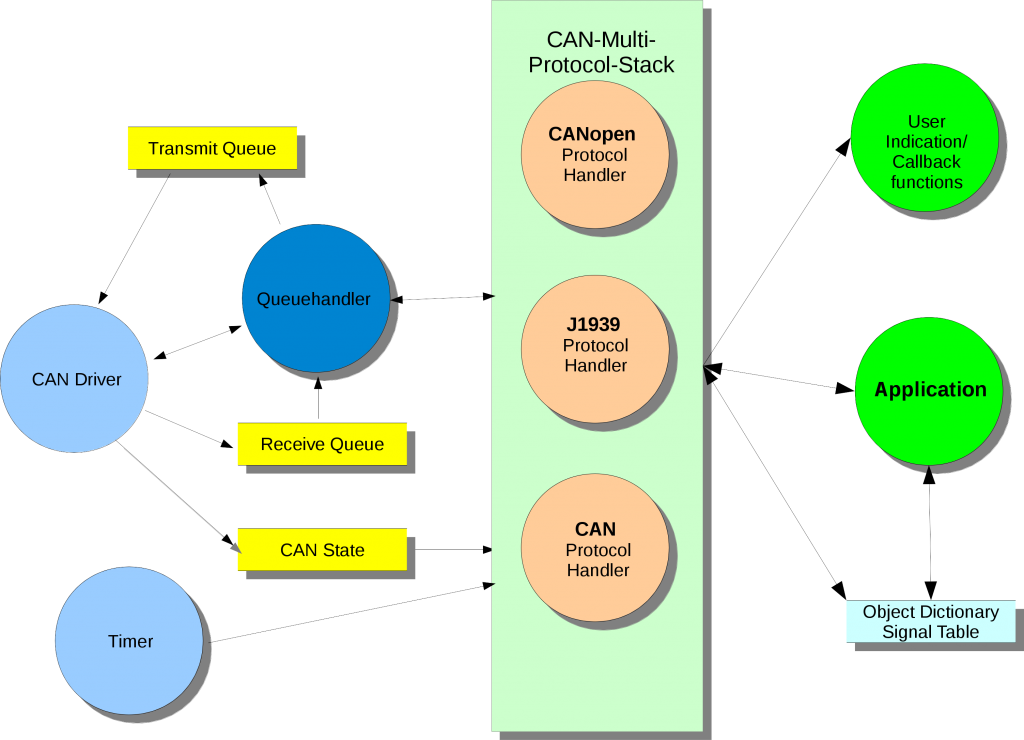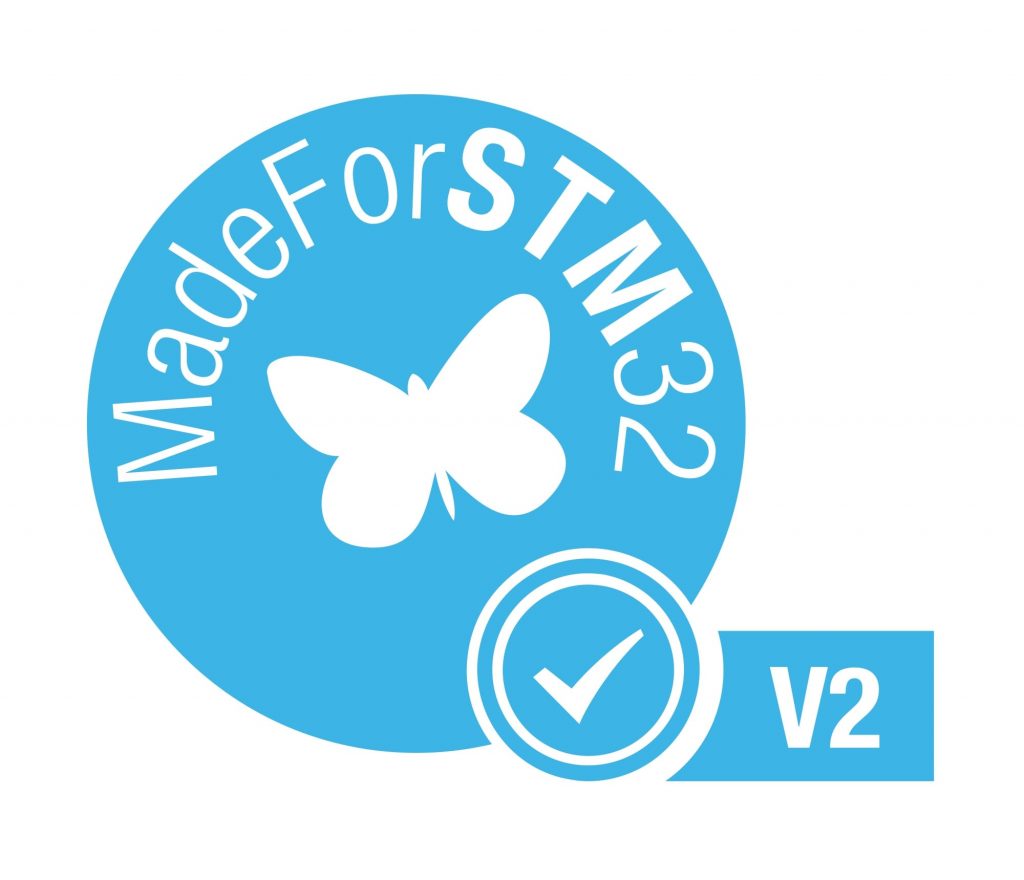“The source code of the stacks has been developed consistently according to the rules of MISRA-C for the use in safety relevant applications. Together with the passed CANopen Conformance Test this ensures a high reliability of the software.”, explains Andreas Boebel, CEO of emotas embedded communication GmbH.
The second improvement is the support of the coming CAN-FD protocol which allows data rates of over 1 Mbit/s and data lengths up to 64 bytes in one CAN message. While CAN-FD support in CANopen is in the process of standardization by the CAN in Automation association, the CANopen Slave and Master/Slave Stacks by emotas already support CAN-FD for the transmission of process data in PDOs or SDOs. For example, by extending the data length of 8 to 64 byte the target values for multiple devices can be transmitted in one CAN-FD telegram. An additional sync message is not required anymore for these applications.
The CANopen Slave Stack Basic was developed for small CANopen Slaves with basic functionality. The Master/Slave version is usable for the development of efficient CANopen Slave or Master applications with all services of CiA 301. The new features are included in the deliveries without extra charges. Customers within the support period get the update free of charge.
License fees for the license of the CANopen Stacks are only to be paid once. The emotas CANopen Stack can then be used at one site for various projects royalty free. Click here for more information on the emotas CANopen Stacks.
To keep the products on top of the developments emotas is member of the CAN in Automation (CiA). As in the years before our staff are active members in several task forces to work on the further development of the CANopen specifications.



